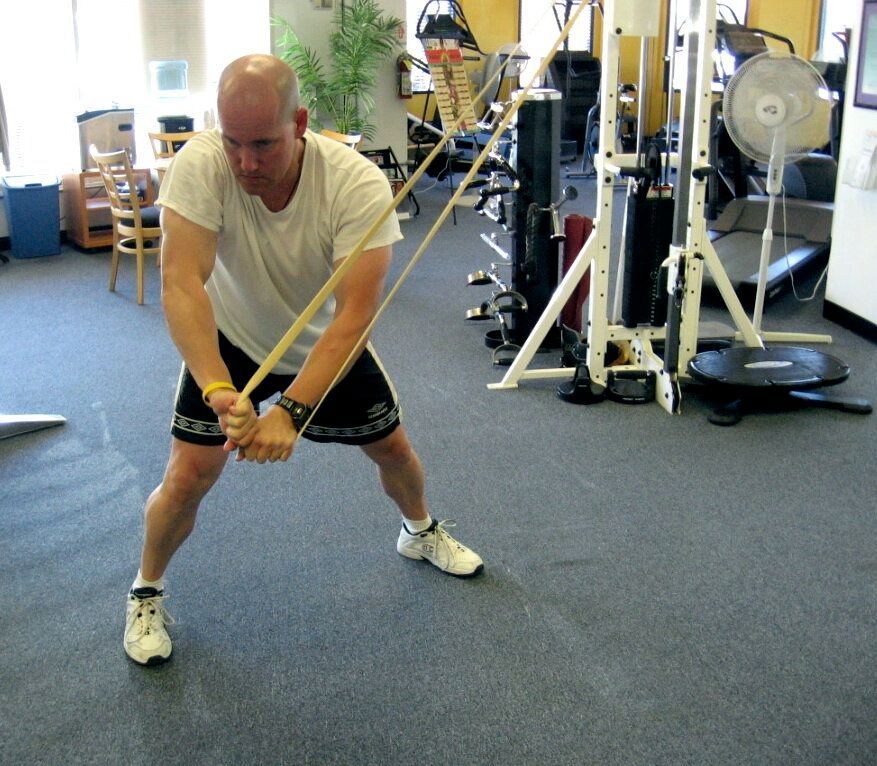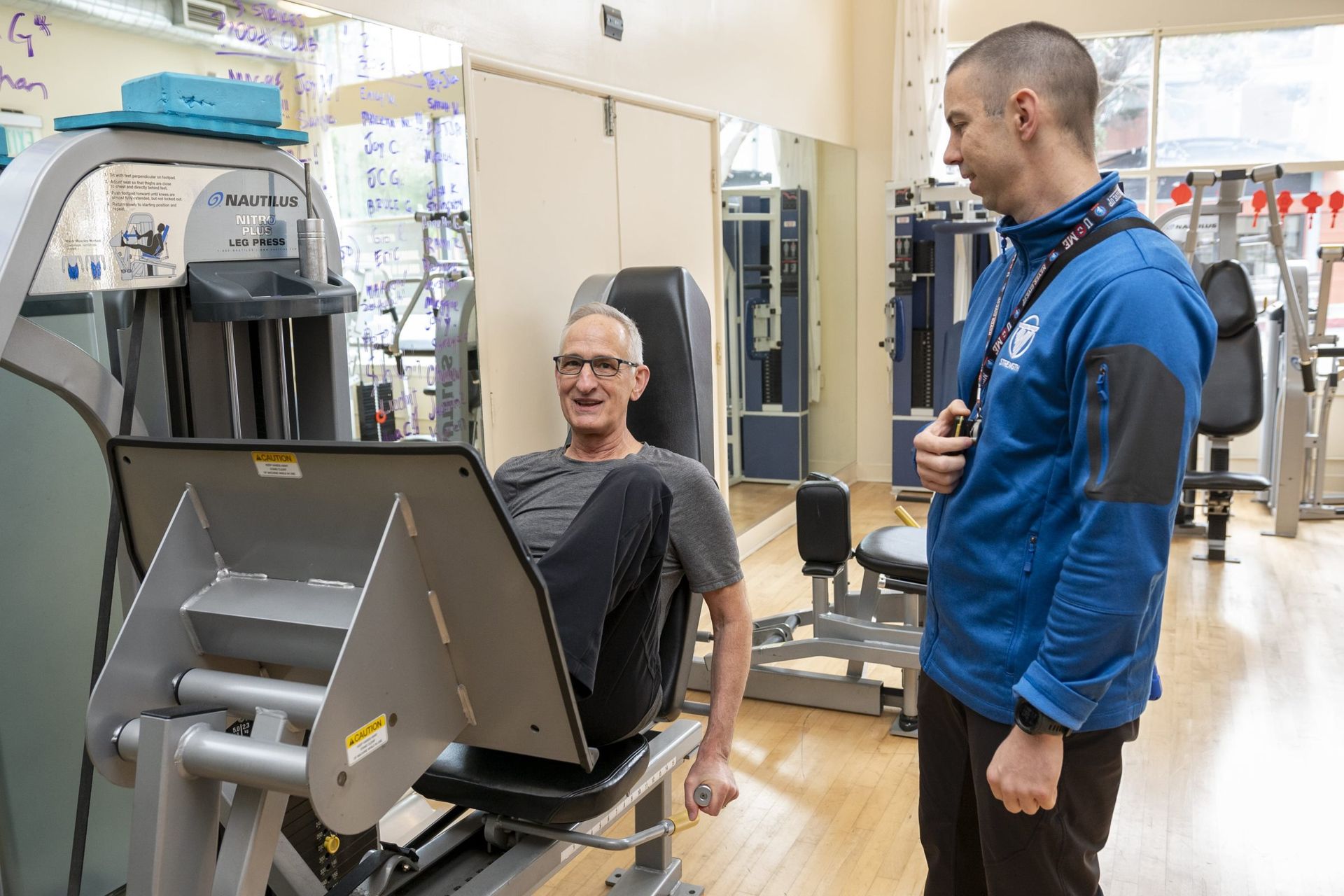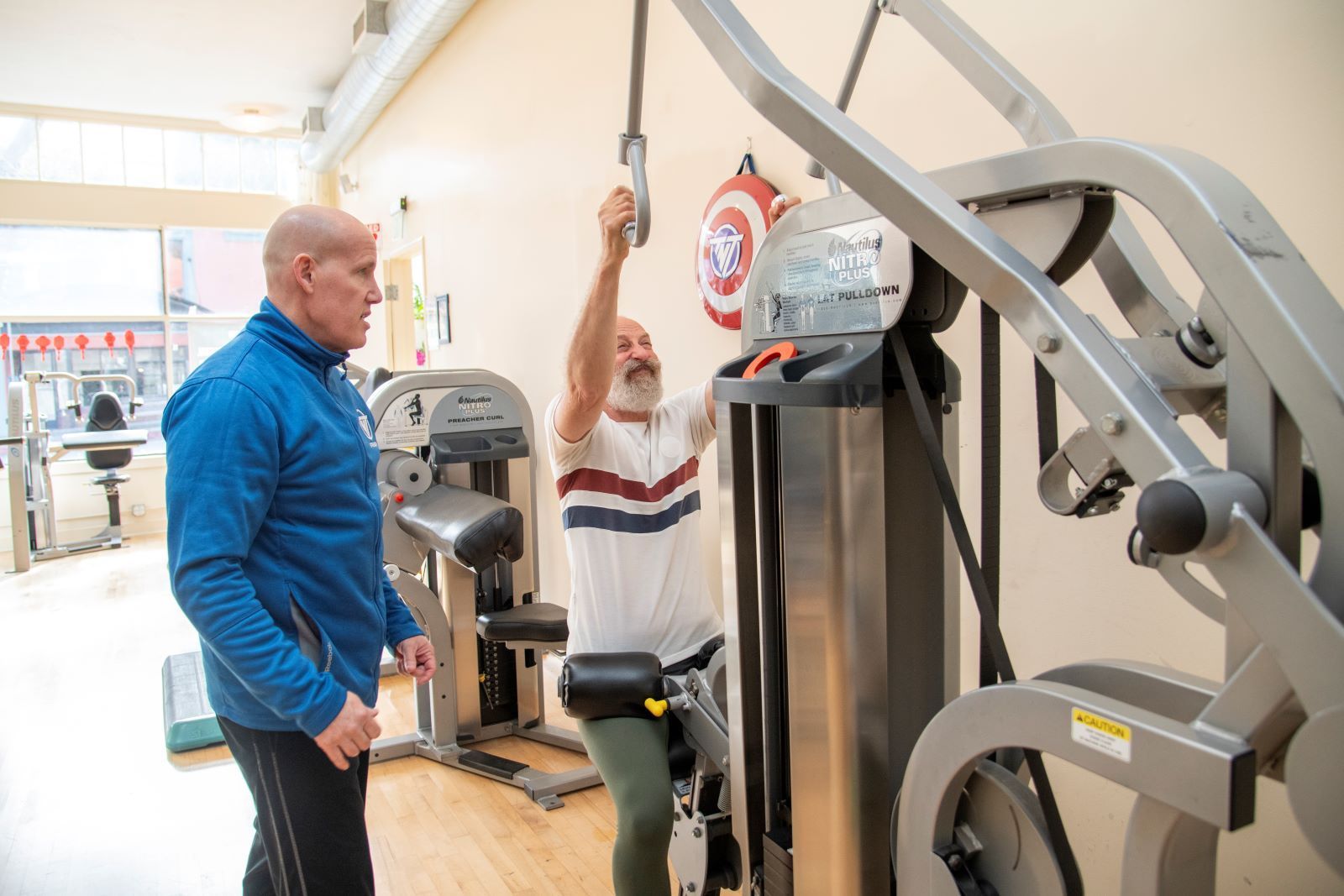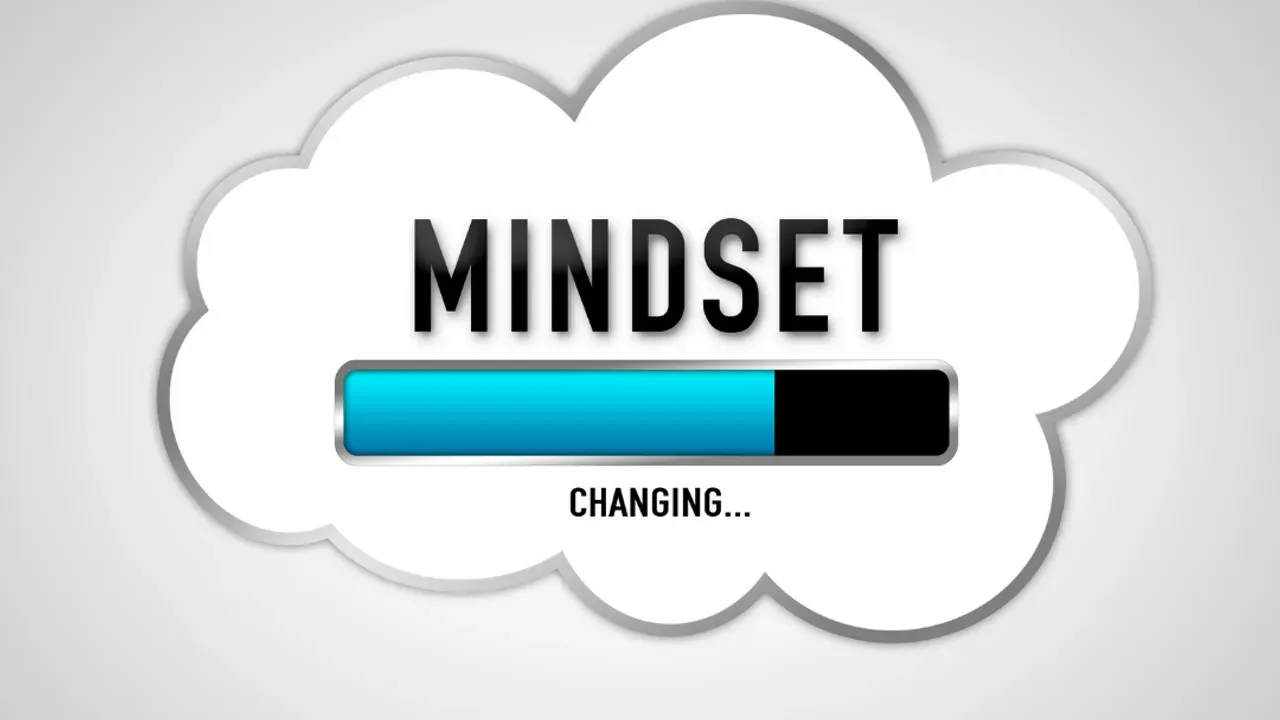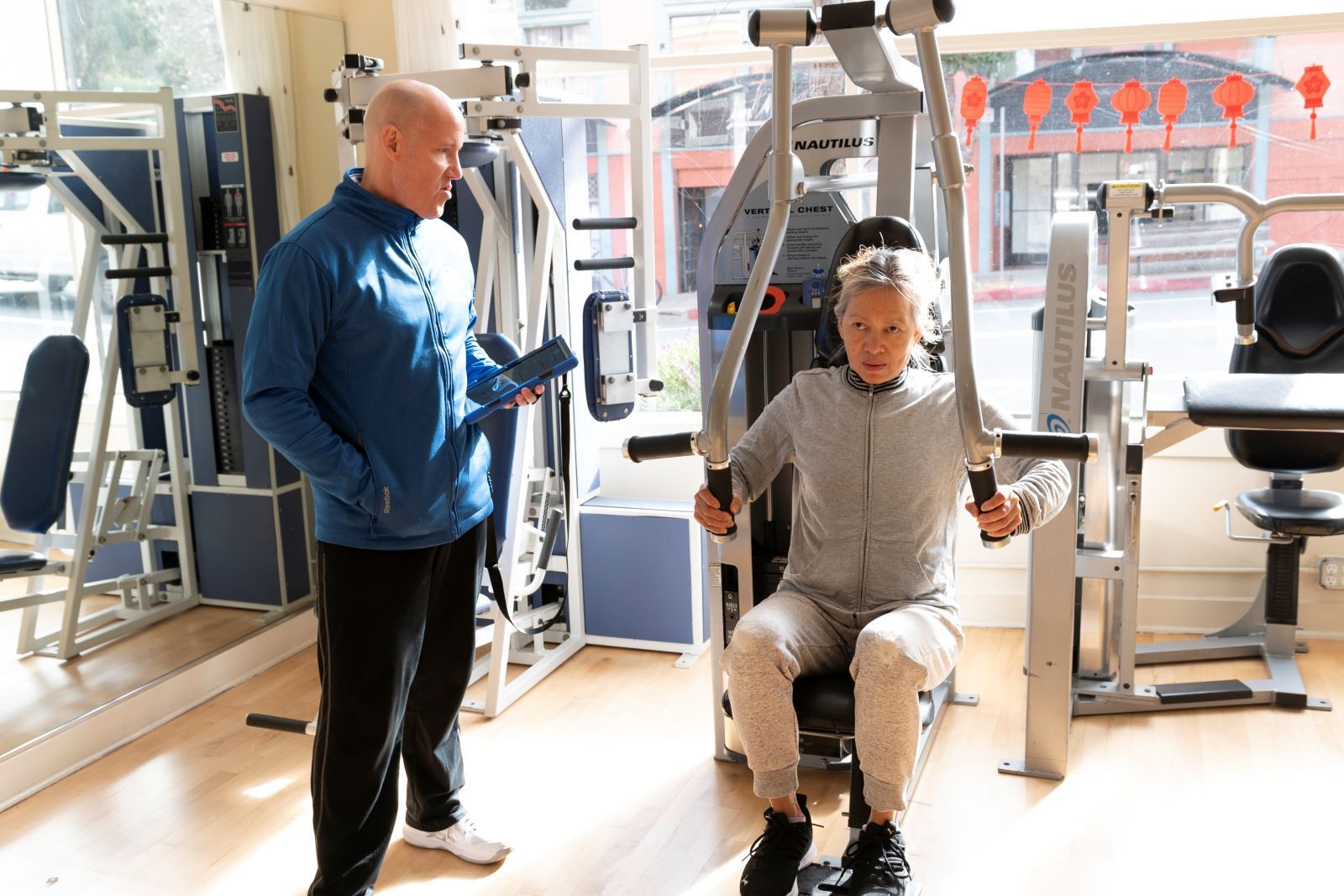No Excuses Just Get To It!
TAKU

No Time To Work Out? Think Again...
One of the most common things we hear as Strength Coaches is “I don't have time to workout”
In the information age with the internet overflowing with ideas, we hear things like we need to do strength training and cardiovascular exercise, stretching or “mobility” work, warming up, cooling down, add in your 10,000 steps per day and let's not forget cooking healthy meals, and it can all feel a bit overwhelming.
Without getting into the specifics, let's break it down.*
There are 168 hours in a week. Training 3 times per week for 1-hour = only 1.79% of the entire week. That is doable.
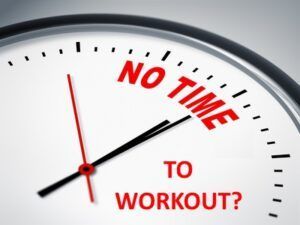
Not convinced? Let’s get realistic:
Work 8 hours/day at 5 days/week = 40 hours.
2 hour preparation and travel time to and from work each day (2 x 5) = 10 hours.
30 minutes for each meal eaten each day (x 3 = 1.5) x 7 days = 10.5 hours.
Sleep time at 8 hours per night (x 7) = 56.
TOTAL FOR WEEK = 116.5.
 168 total hours in week – 116.5 = 51.5 remaining hours for other things (e.g., family time, recreation, errands, relaxing, etc.).
168 total hours in week – 116.5 = 51.5 remaining hours for other things (e.g., family time, recreation, errands, relaxing, etc.).
 168 total hours in week – 116.5 = 51.5 remaining hours for other things (e.g., family time, recreation, errands, relaxing, etc.).
168 total hours in week – 116.5 = 51.5 remaining hours for other things (e.g., family time, recreation, errands, relaxing, etc.).
3 x 1-hour training sessions each week = 5.8% of the remaining 51.5 hours.
3 x 45 minute training sessions each week = 4.37% of the 51.5 remaining hours.
3 x 30 minute training sessions each week = 2.9% of the remaining 51.5 hours.
*TAKU's NOTE:
Our blog and podcast are filled with tons of great ideas about how to create strength and conditioning routines that are brief safe and efficient.
Thanks to my friend and mentor Tom Kelso
for always allowing me to share his awesome ideas with the world.
Recent Articles
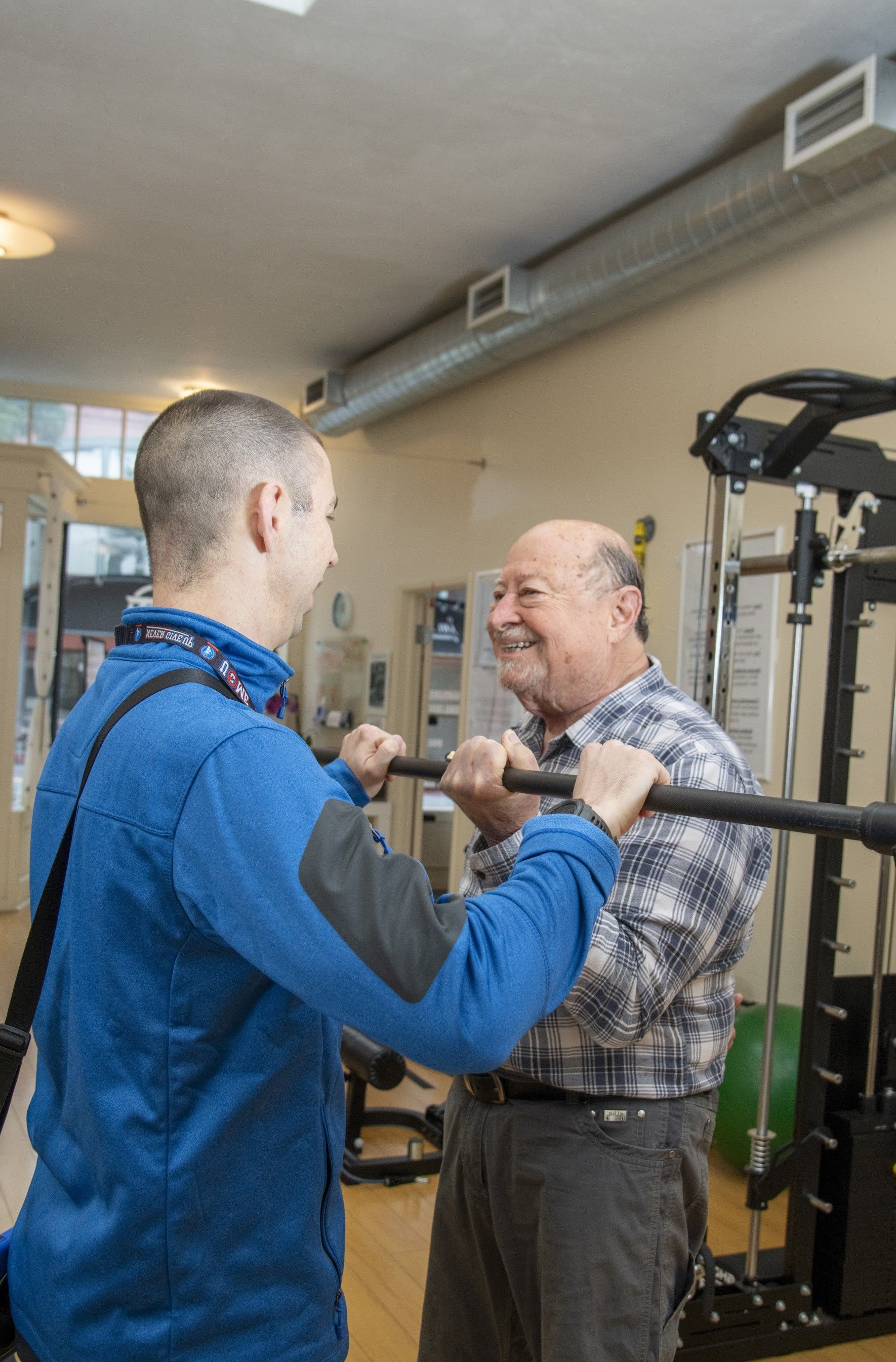
Let’s set the record straight: losing your balance as you age is not inevitable. Despite what many believe, balance isn’t something you just “lose” over time like your hairline or your car keys. The truth is, most balance issues that show up later in life stem from something far more preventable—loss of strength and muscle mass.
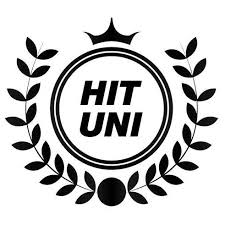
Let me ask you something… If I told you that you could build strength, enhance performance, and reduce your risk of injury in less than one hour a week, would you believe me? No gimmicks. No magic pills. Just science-backed, time-tested strength training that works. Welcome to the world of High Intensity Training, or H.I.T. — the TNT Strength way.
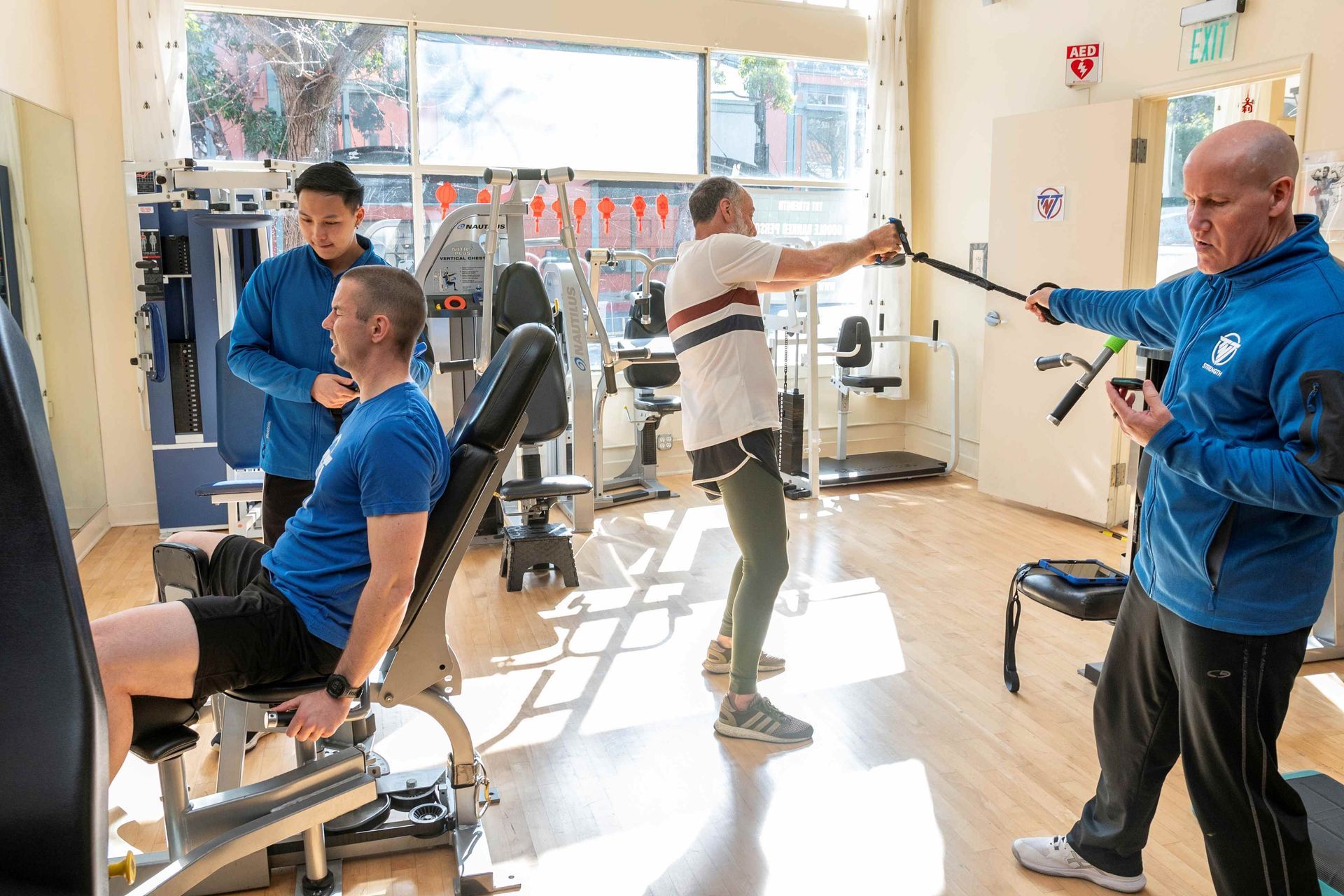
When people think about injury risk during strength training, they often imagine something going wrong during the last rep of a hard set. That’s when you’re exhausted, your muscles are screaming, and the weight feels impossible. It seems like the danger would be highest right there, right?... Wrong.
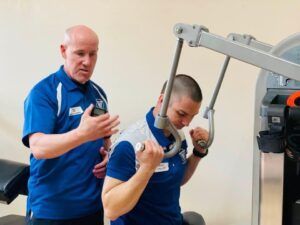
At TNT Strength, safety isn’t just a priority—it’s the foundation of everything we do. Just like doctors take the Hippocratic Oath and vow to “first, do no harm,” we as strength coaches hold ourselves to a similar standard. Every rep, every session, every program we build is designed with that guiding principle in mind: help first, never harm.

Let’s set the record straight: losing your balance as you age is not inevitable. Despite what many believe, balance isn’t something you just “lose” over time like your hairline or your car keys. The truth is, most balance issues that show up later in life stem from something far more preventable—loss of strength and muscle mass.

Let me ask you something… If I told you that you could build strength, enhance performance, and reduce your risk of injury in less than one hour a week, would you believe me? No gimmicks. No magic pills. Just science-backed, time-tested strength training that works. Welcome to the world of High Intensity Training, or H.I.T. — the TNT Strength way.

When people think about injury risk during strength training, they often imagine something going wrong during the last rep of a hard set. That’s when you’re exhausted, your muscles are screaming, and the weight feels impossible. It seems like the danger would be highest right there, right?... Wrong.

At TNT Strength, safety isn’t just a priority—it’s the foundation of everything we do. Just like doctors take the Hippocratic Oath and vow to “first, do no harm,” we as strength coaches hold ourselves to a similar standard. Every rep, every session, every program we build is designed with that guiding principle in mind: help first, never harm.

